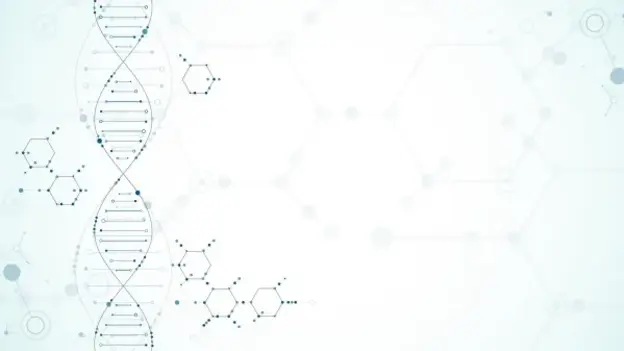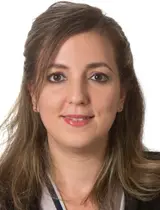Tandem Project & Alumni Project
Functional Materials for Health
Laboratory Study
Advanced two-dimensional (2D) materials consists of a single-layer atom structure and have extraordinary physical properties, with respect to resistance of temperature, pressure, and/or mechanical deformation. These materials are therefore considered globally as the materials of the future that may pave the way for a multitude of applications and endless possibilities in various fields, such as nanoelectronics and biosensorics. One of the most important uses of advanced 2D materials are found in the medical field. Graphene, for example, has emerged as an innovative material in this sector due to its capability to treat some serious diseases such as cancer.
This project aims at studying the physicochemical and mechanical properties of advanced materials. In particular 2D materials (heterostructure crystals based on e.g., graphene, silicene, phosphorene, chalcogenides) subjected to several chemical and mechanical conditions, in order to evaluate their potential applications, particularly in the field of molecular biology using deoxyribonucleic acid (DNA) with an ultimate goal of developing new tools for mutation detection. These tools would be of utmost significance if they replace the present standard techniques that are very costly and time consuming.
This interdisciplinary research project of AGYA members and alumni is conducted in close cooperation with the Goethe University in Frankfurt/M (Germany), the Pasteur Institute of Tunis (Tunisia), and the Mohammed V University in Rabat (Morocco).
- Disciplines Involved
- Physics, Human Genetics, Nanotechnology
- Cooperation Partners
- Goethe University, Germany
- Pasteur Institute of Tunis, Tunisia
- Mohammed V University, Morocco
- Project Title
- Functional Materials for Health
- Year
- 2020
- Funding Scheme
- Tandem Project & Alumni Project
- Countries Involved
- Germany, Morocco, Tunisia
- AGYA Publication
- Thermo-mechanical response of pristine and defective 2D hexagonal boron oxide
- CVD Graphene Electrode for Direct Electrochemical Detection of Double-Stranded DNA



